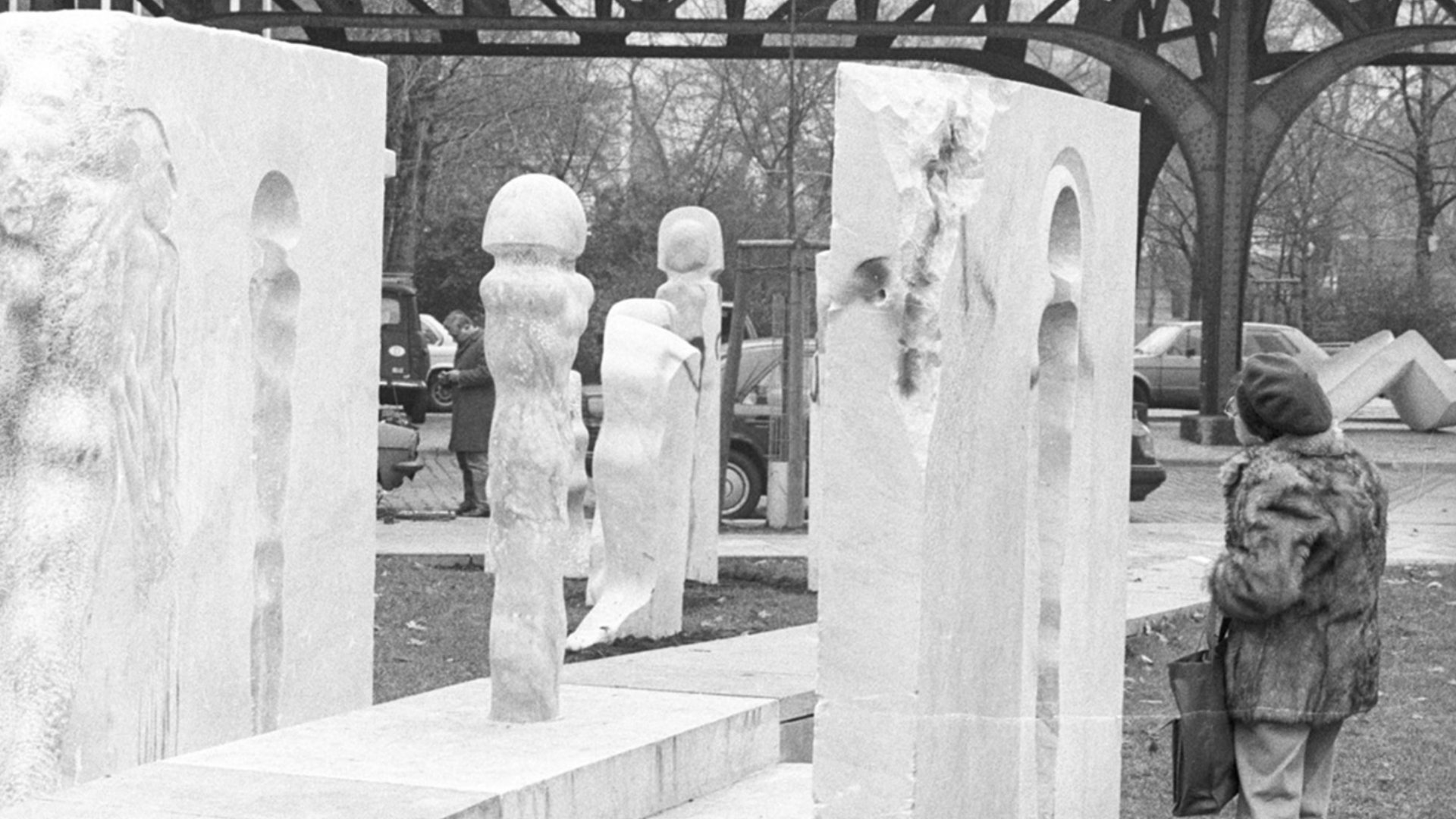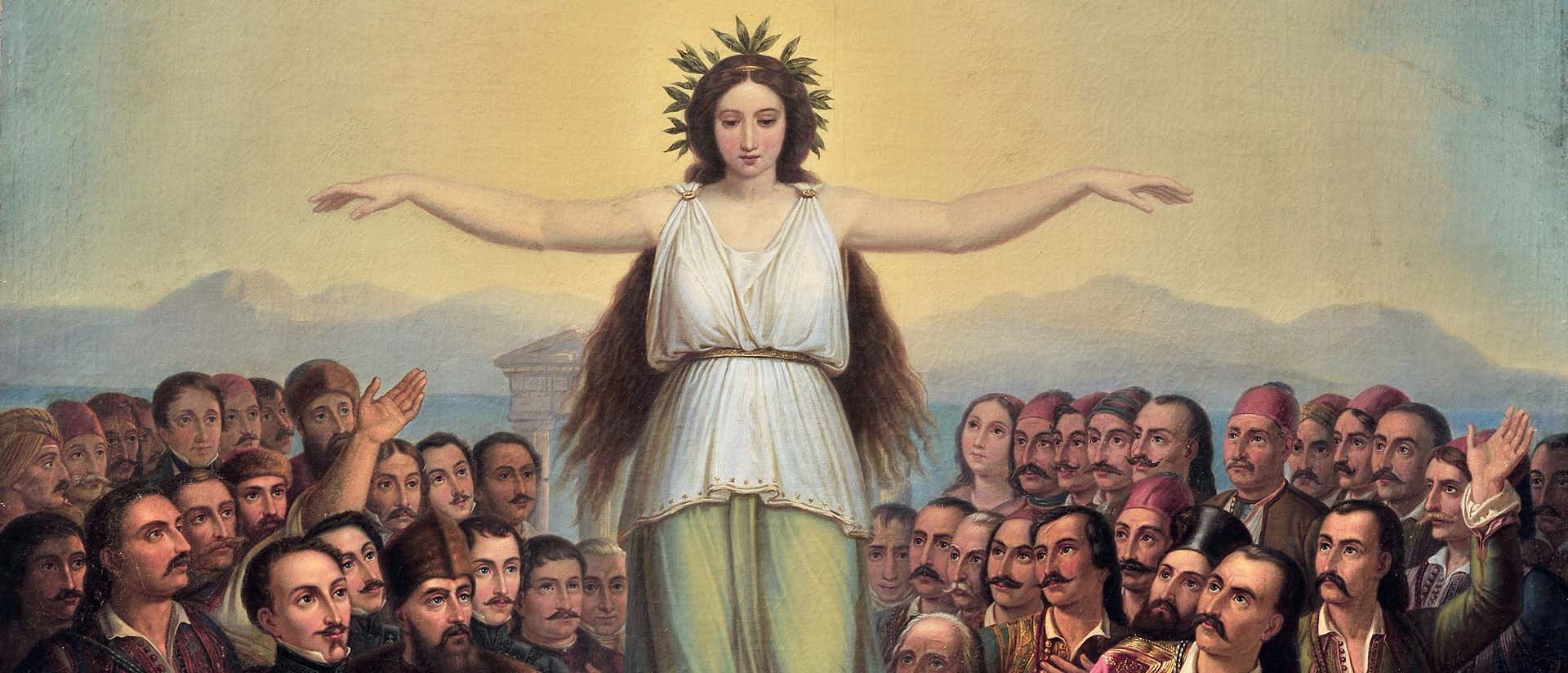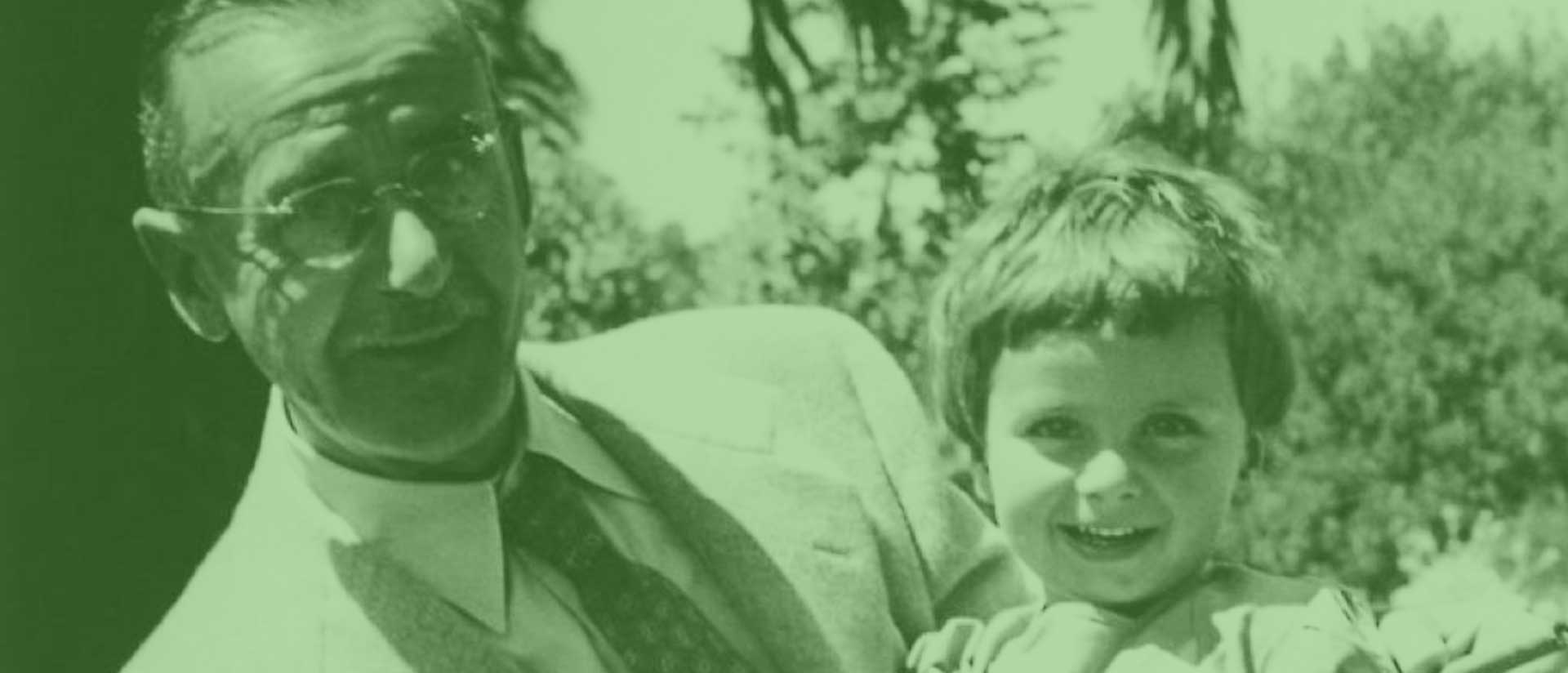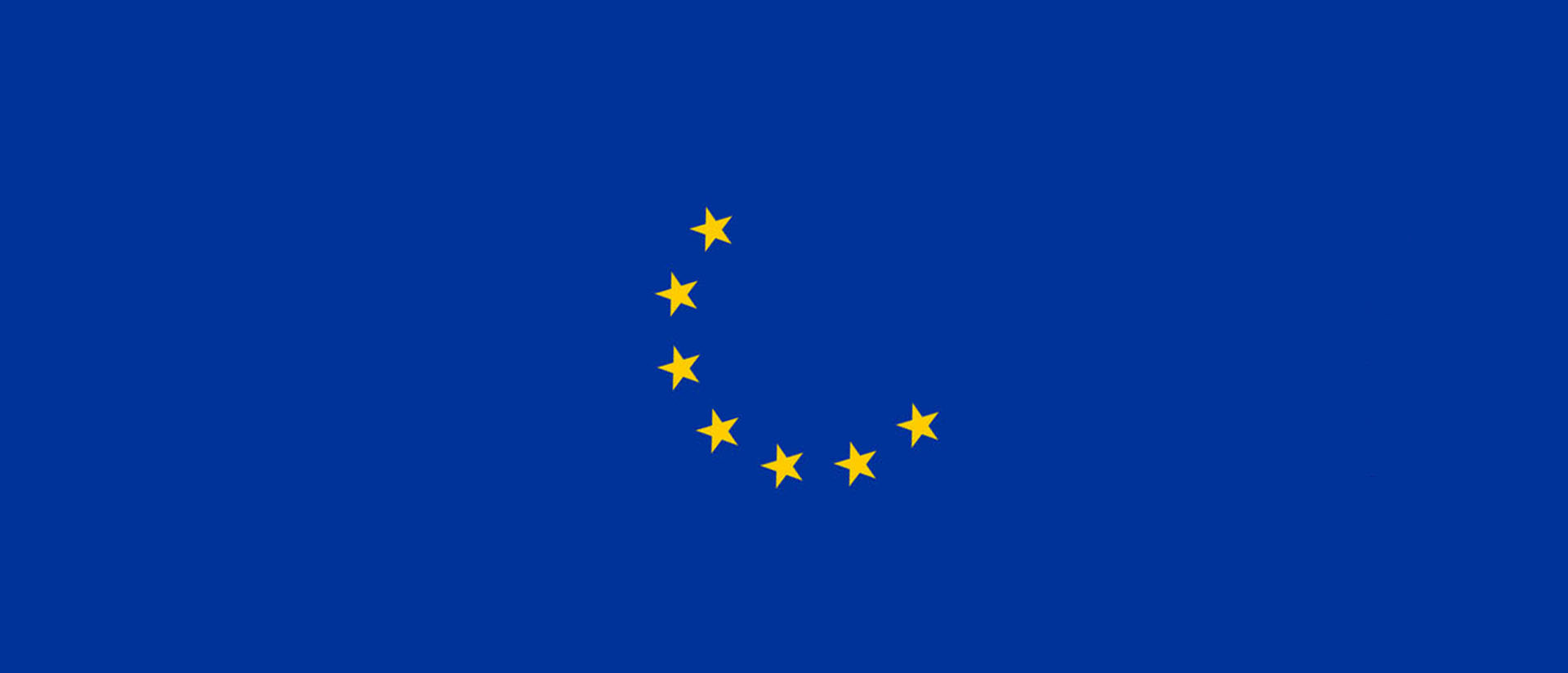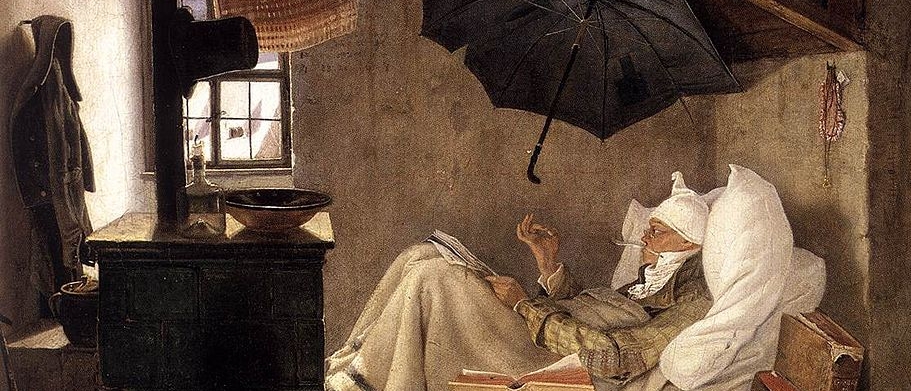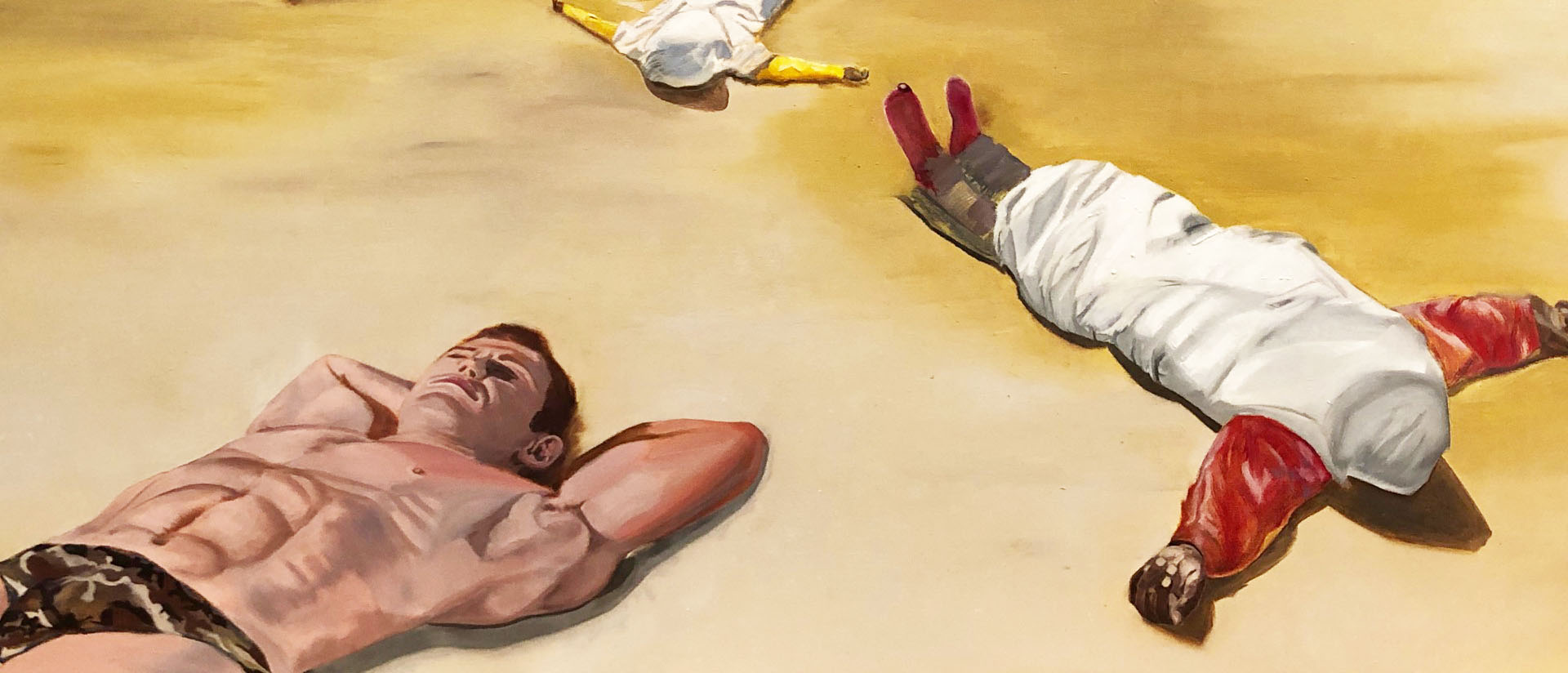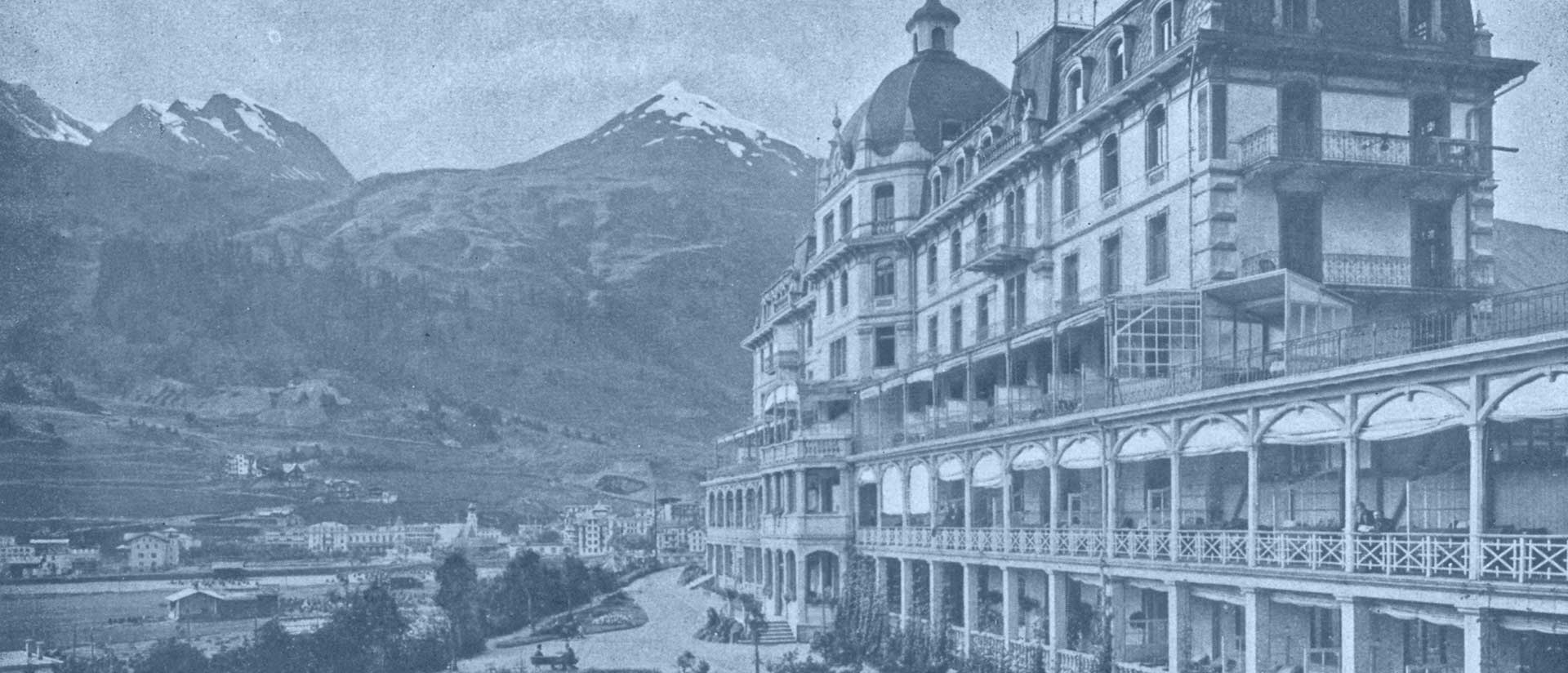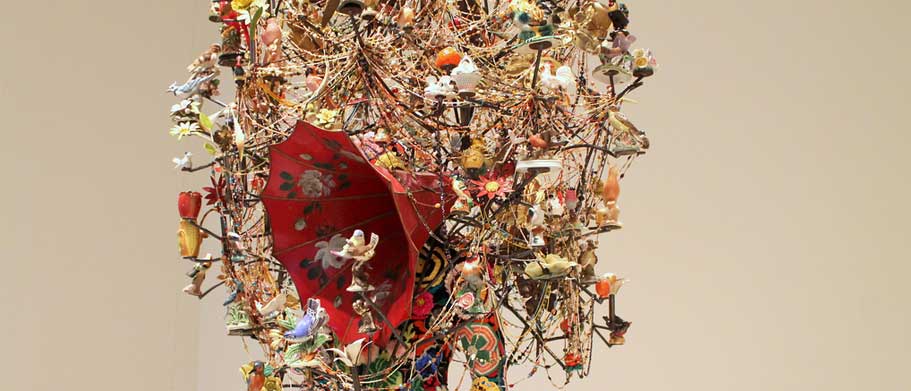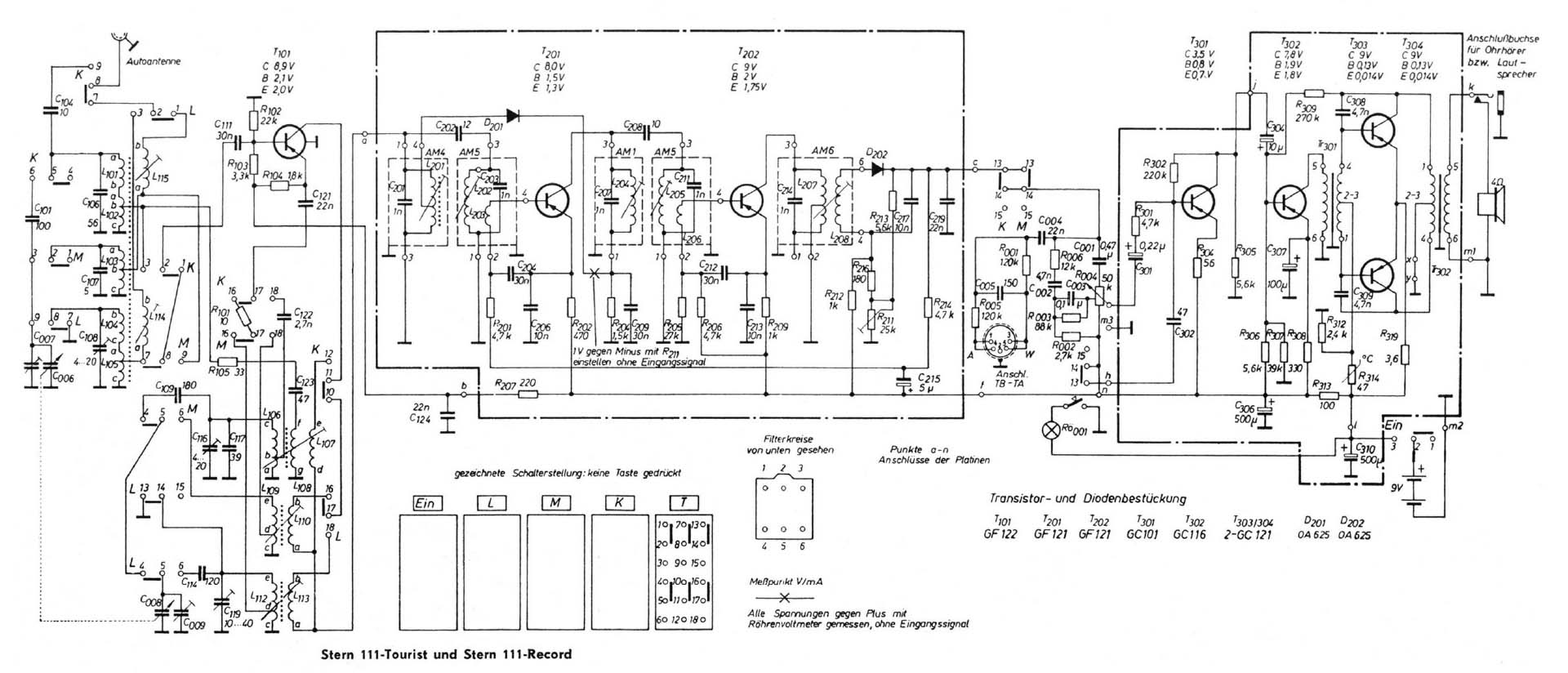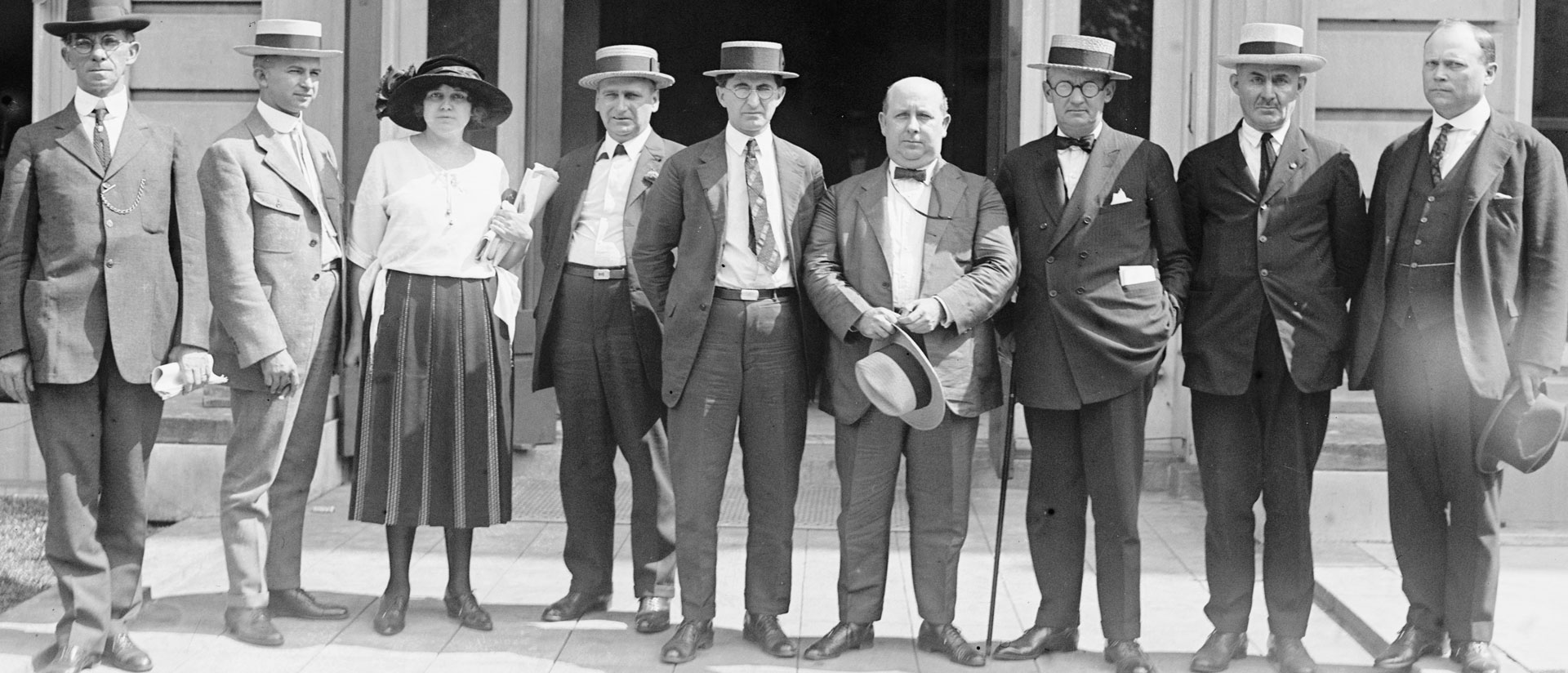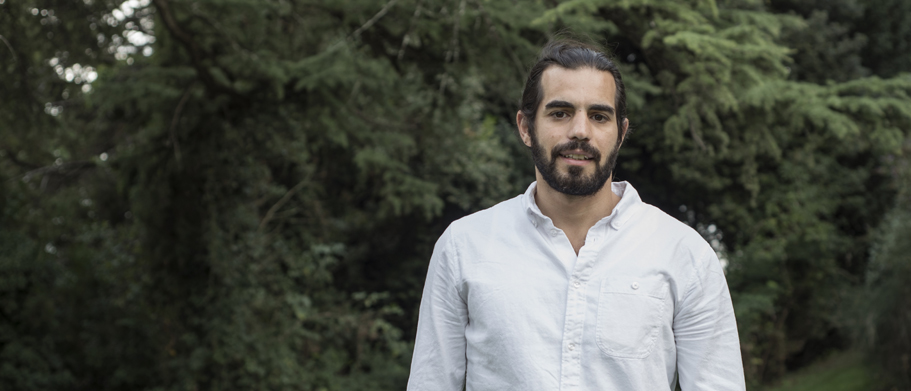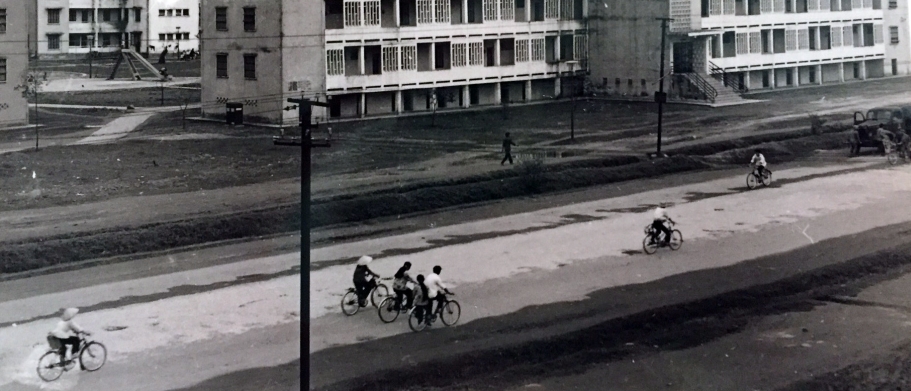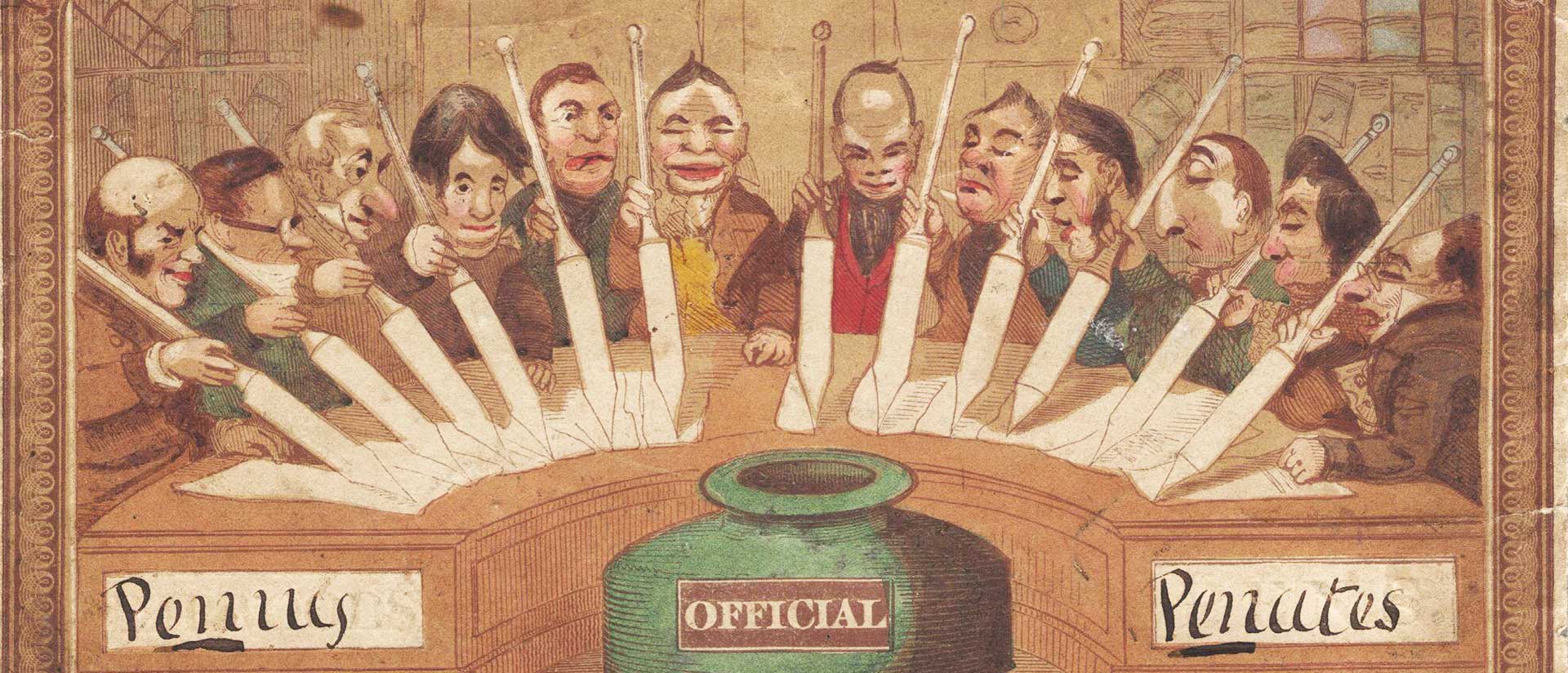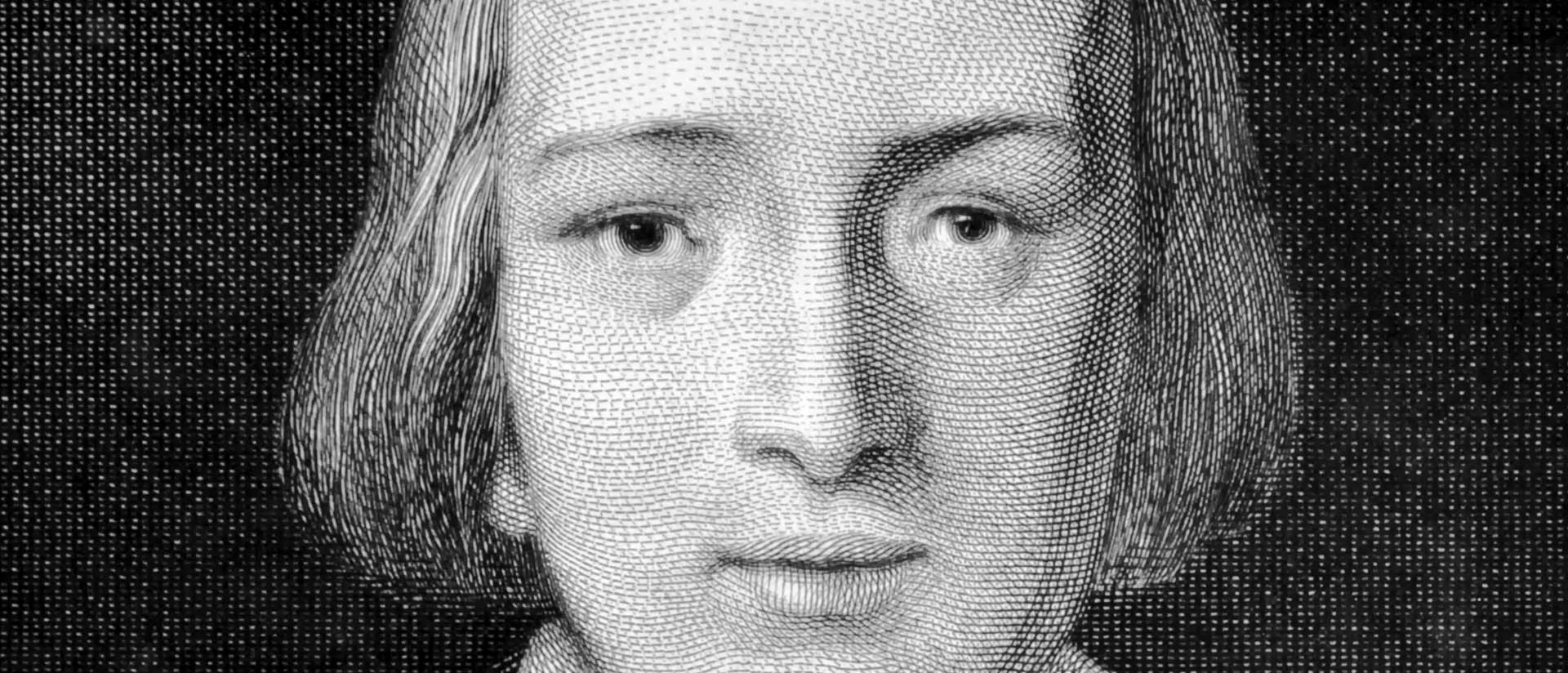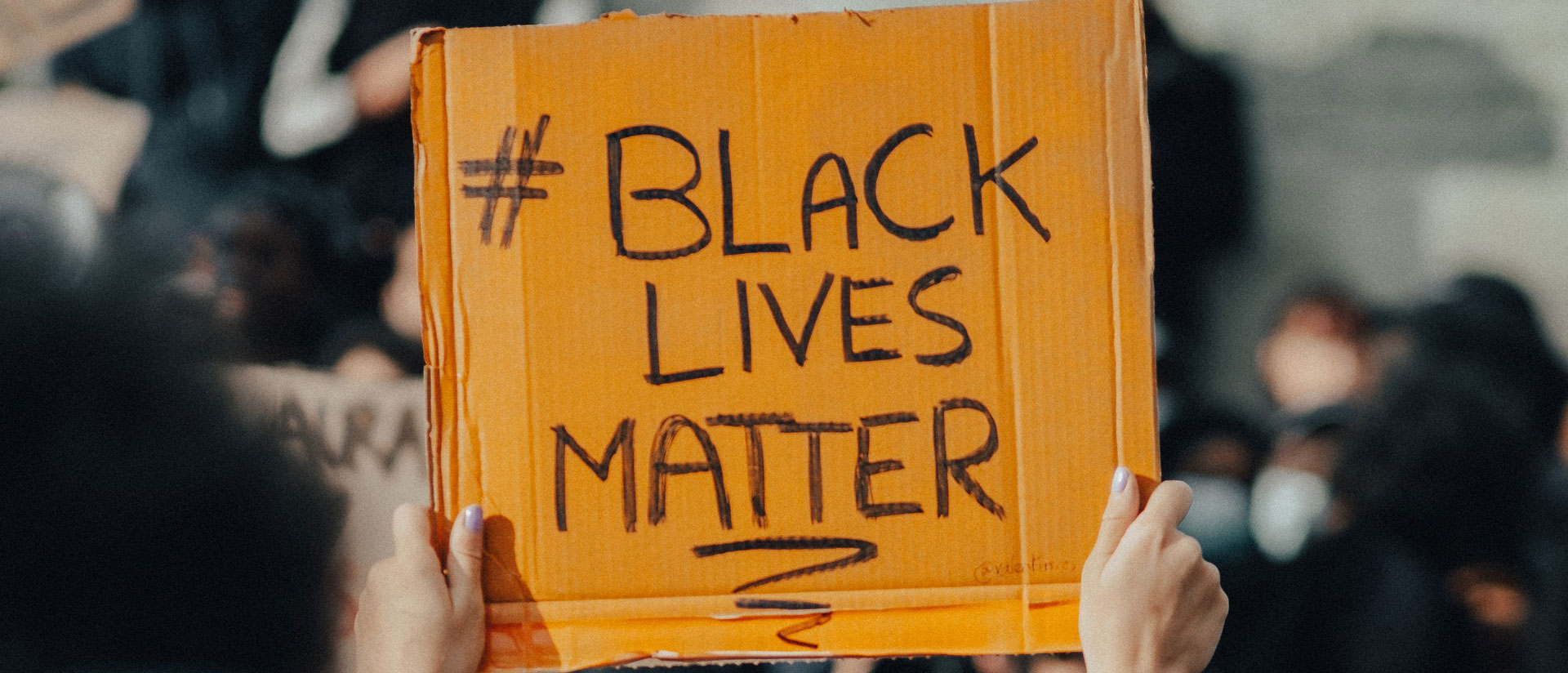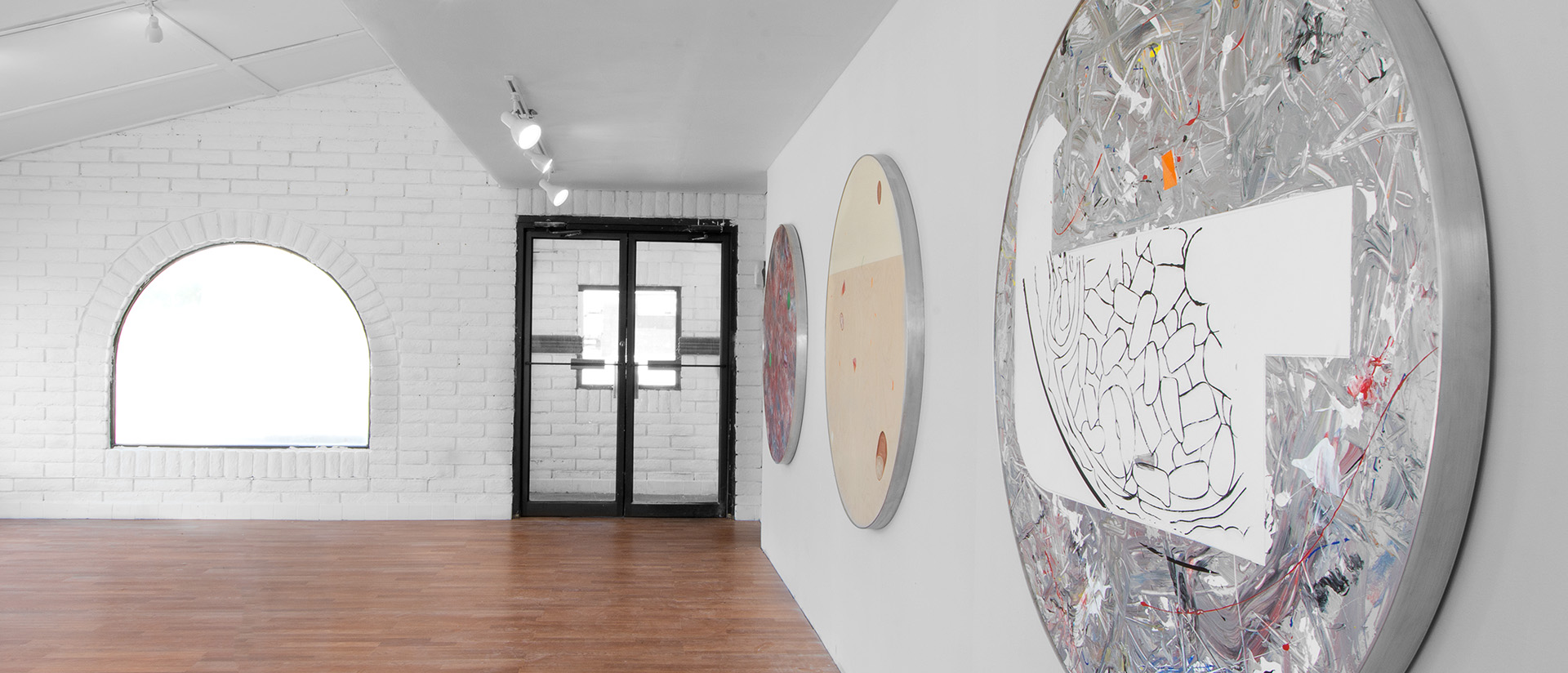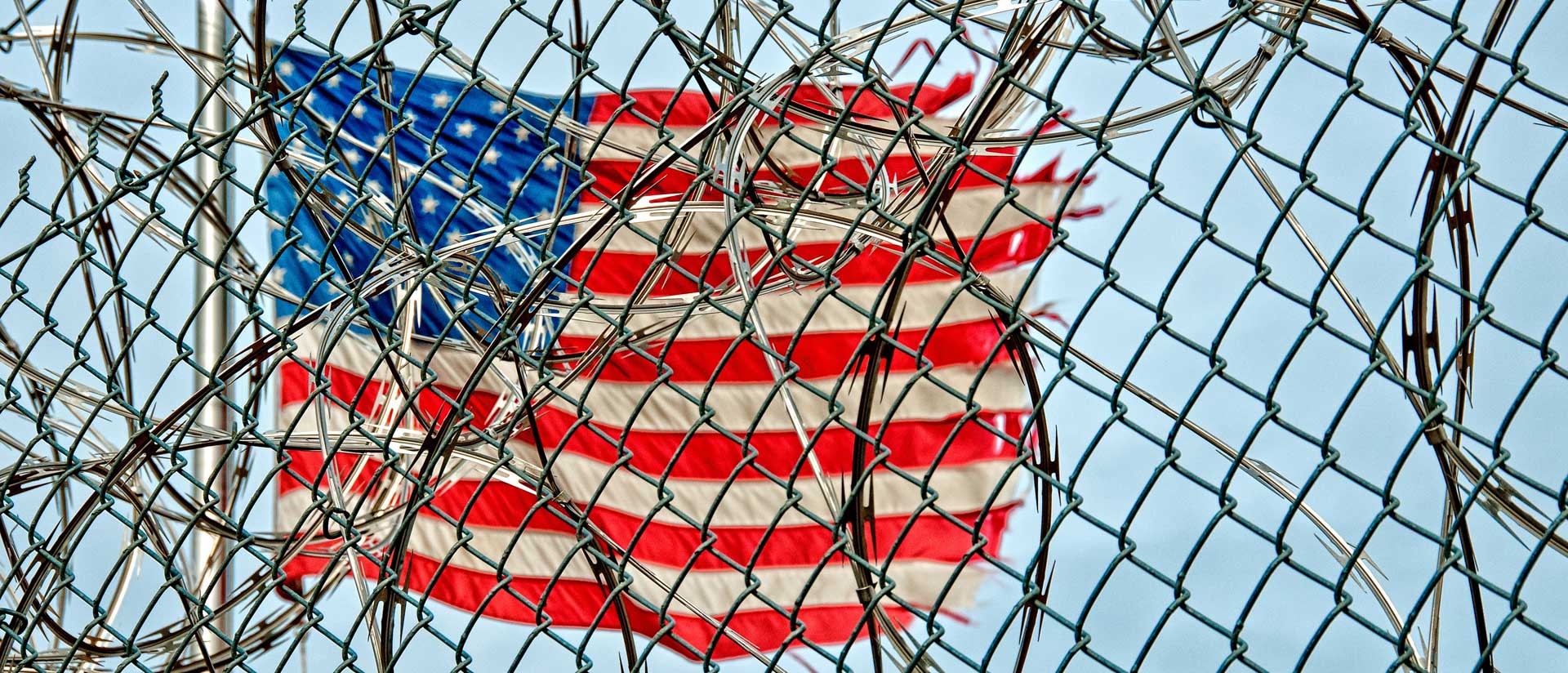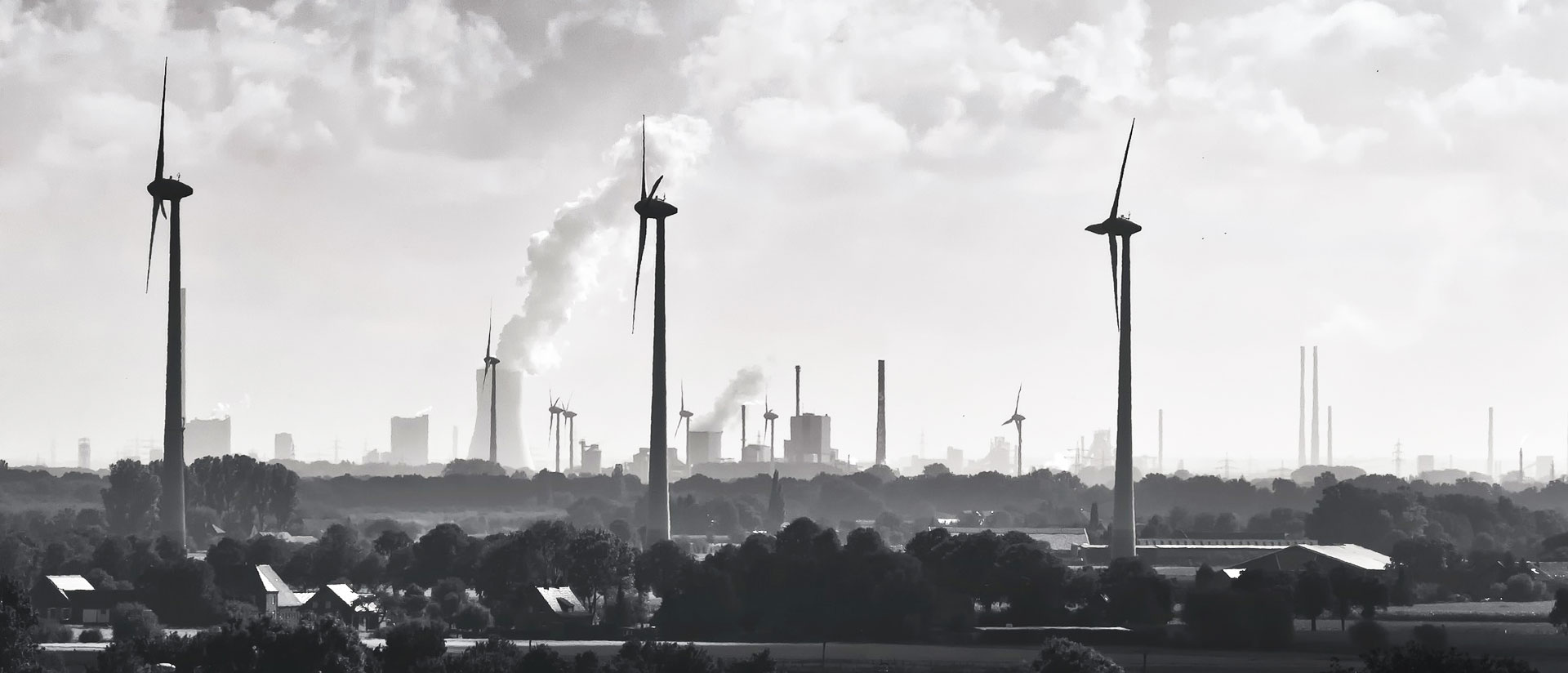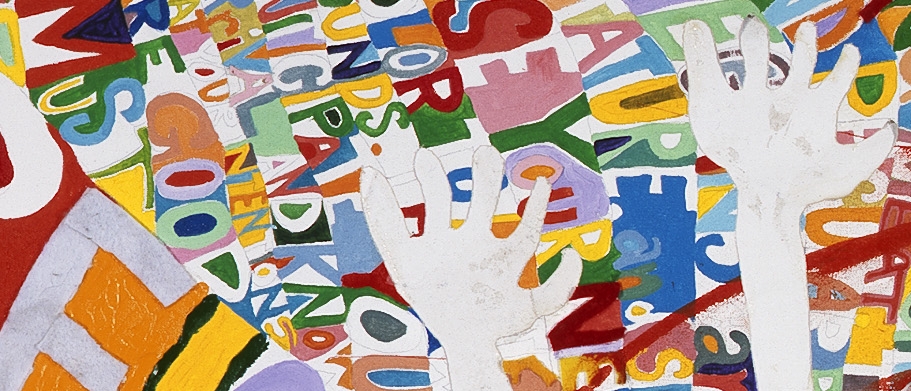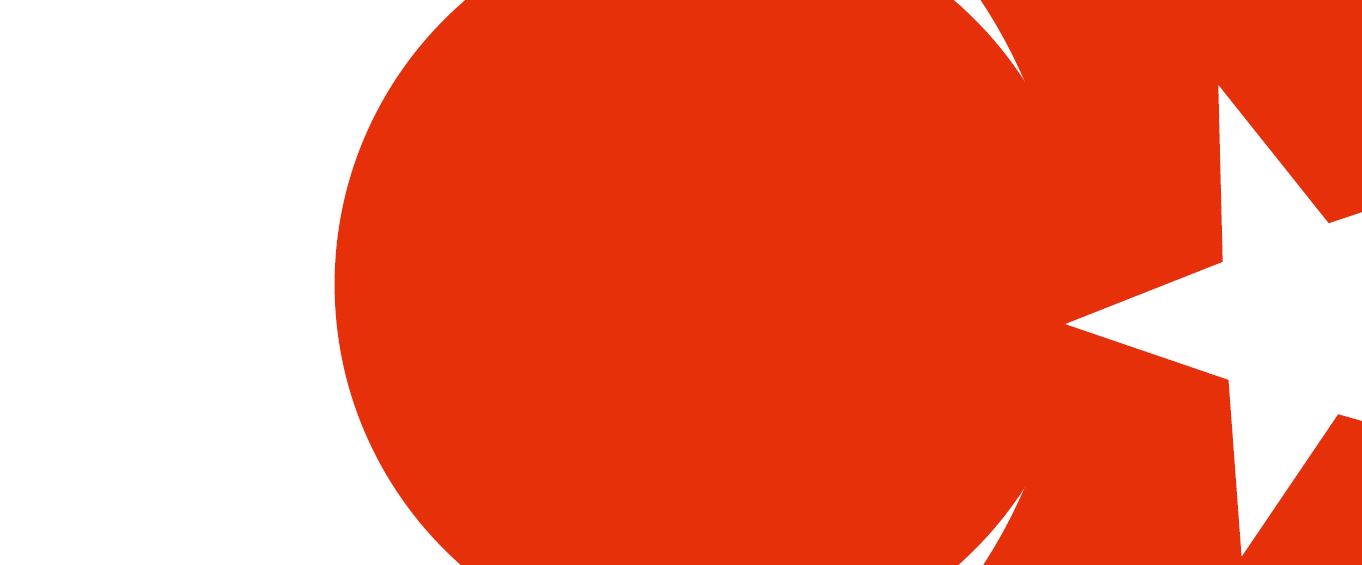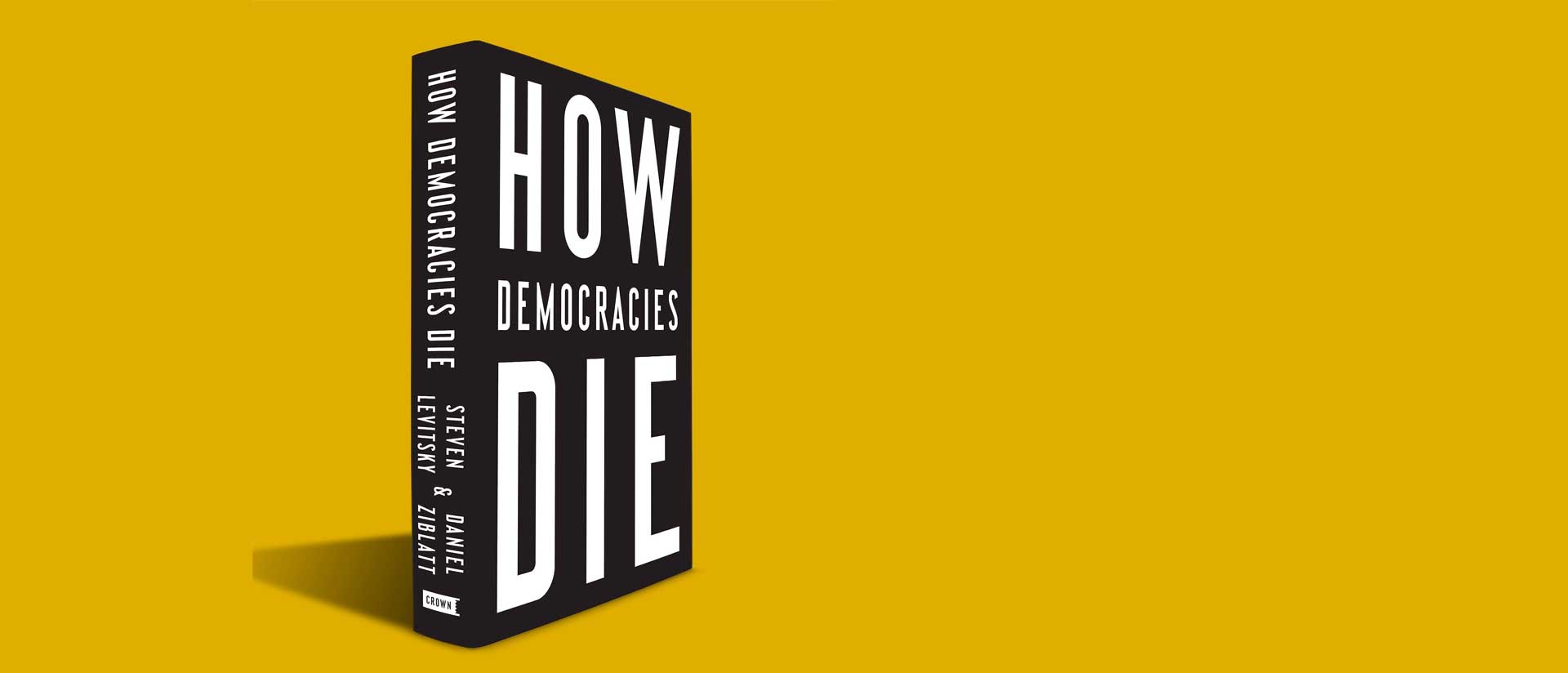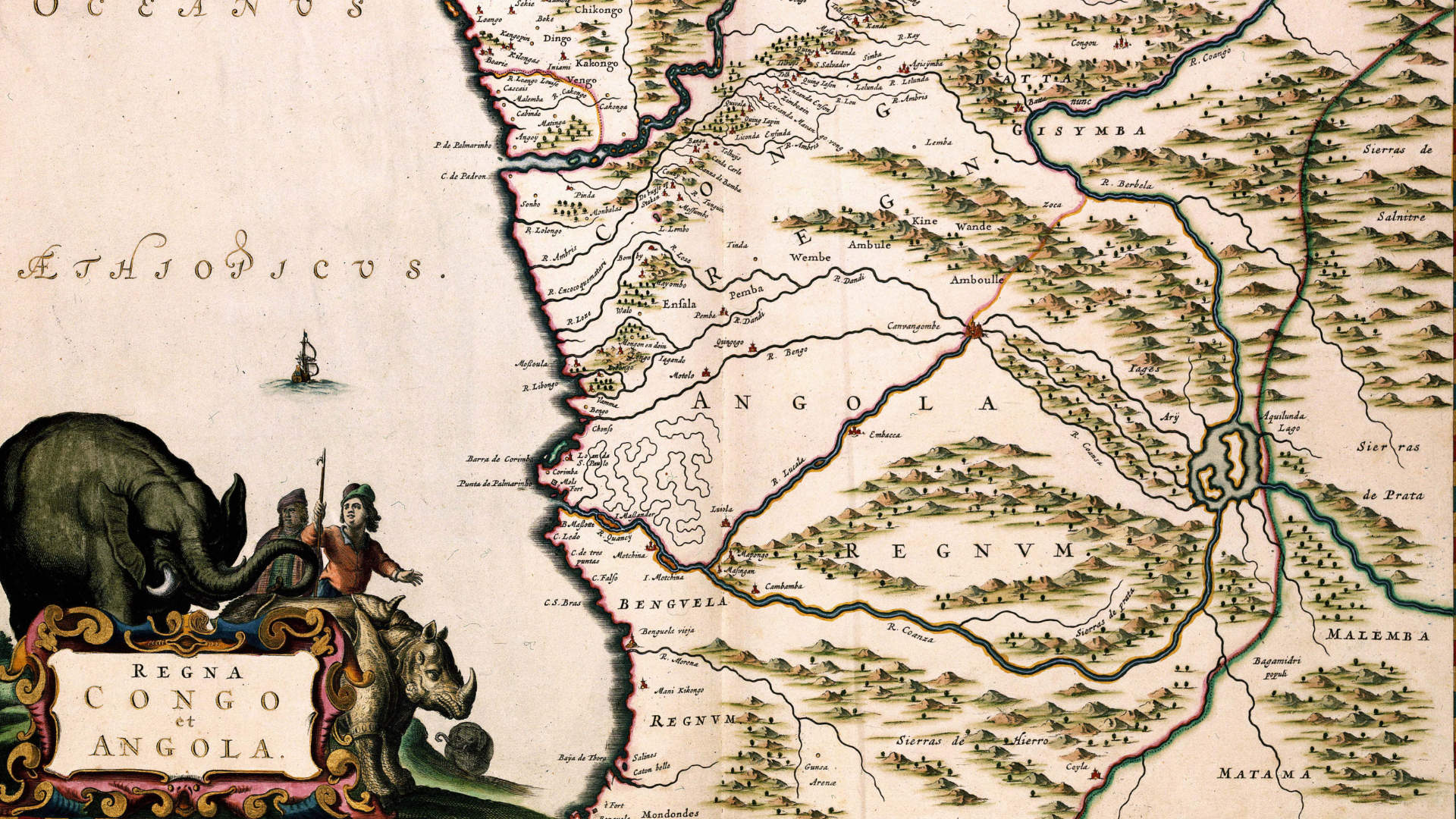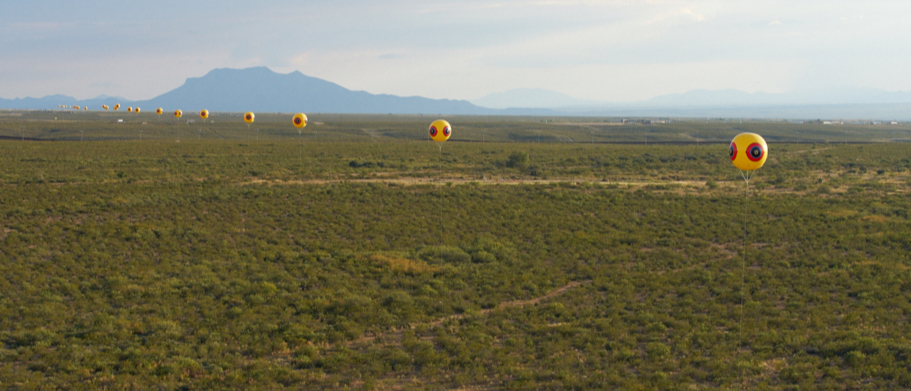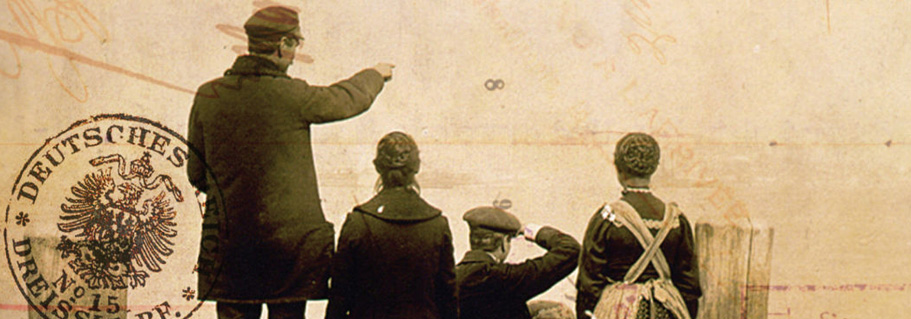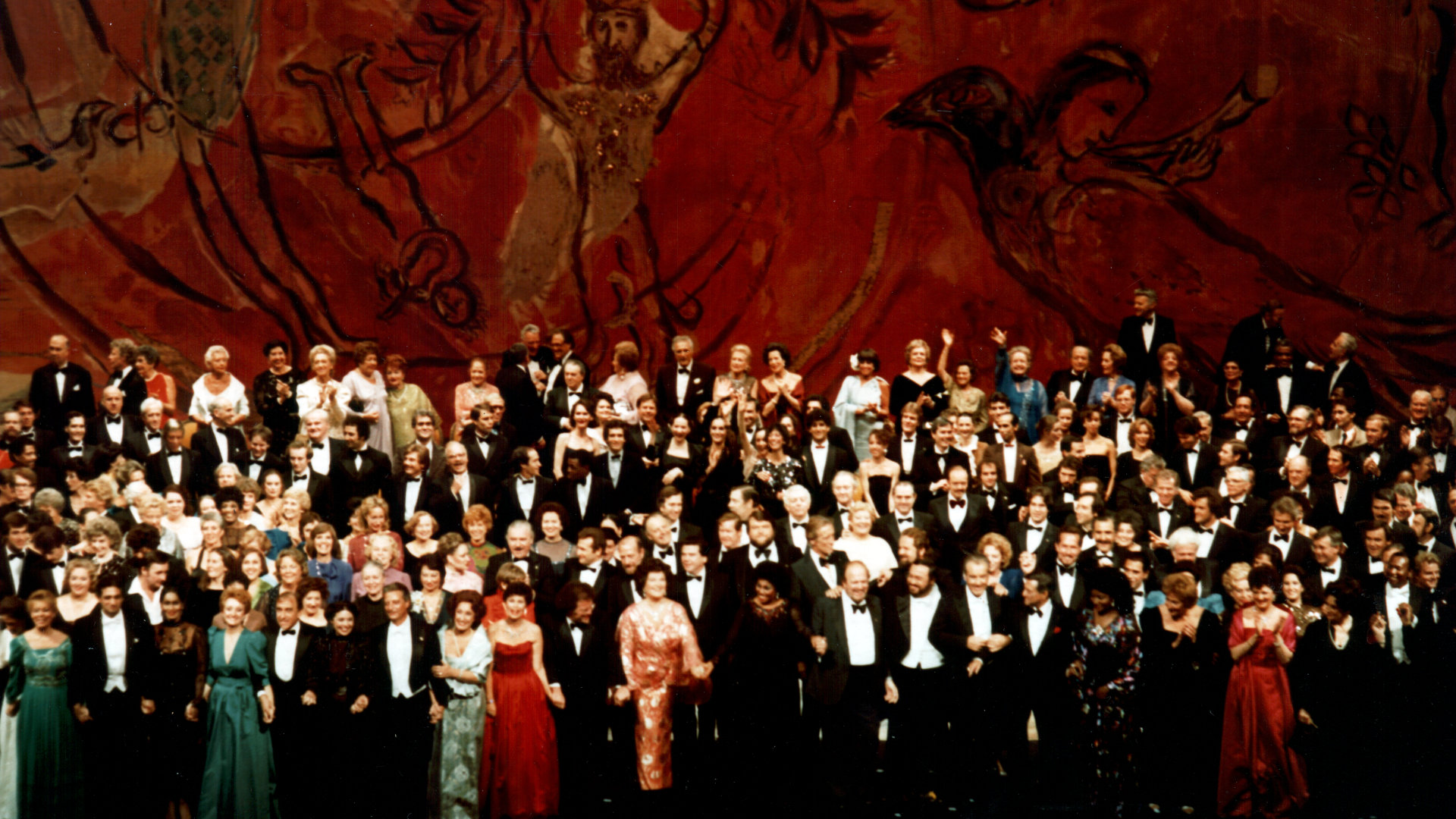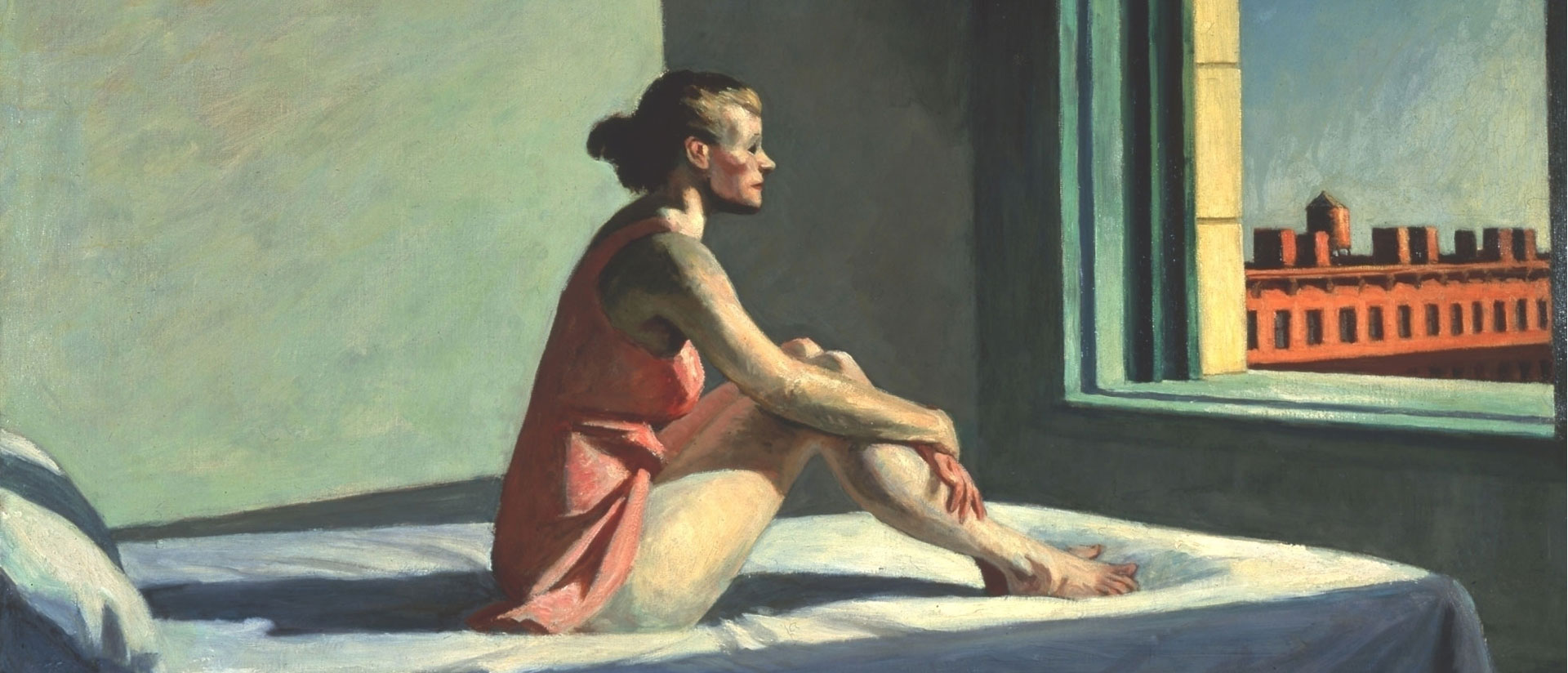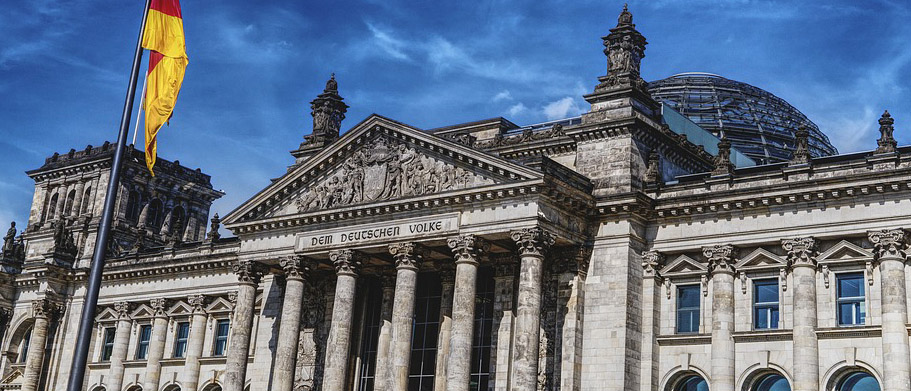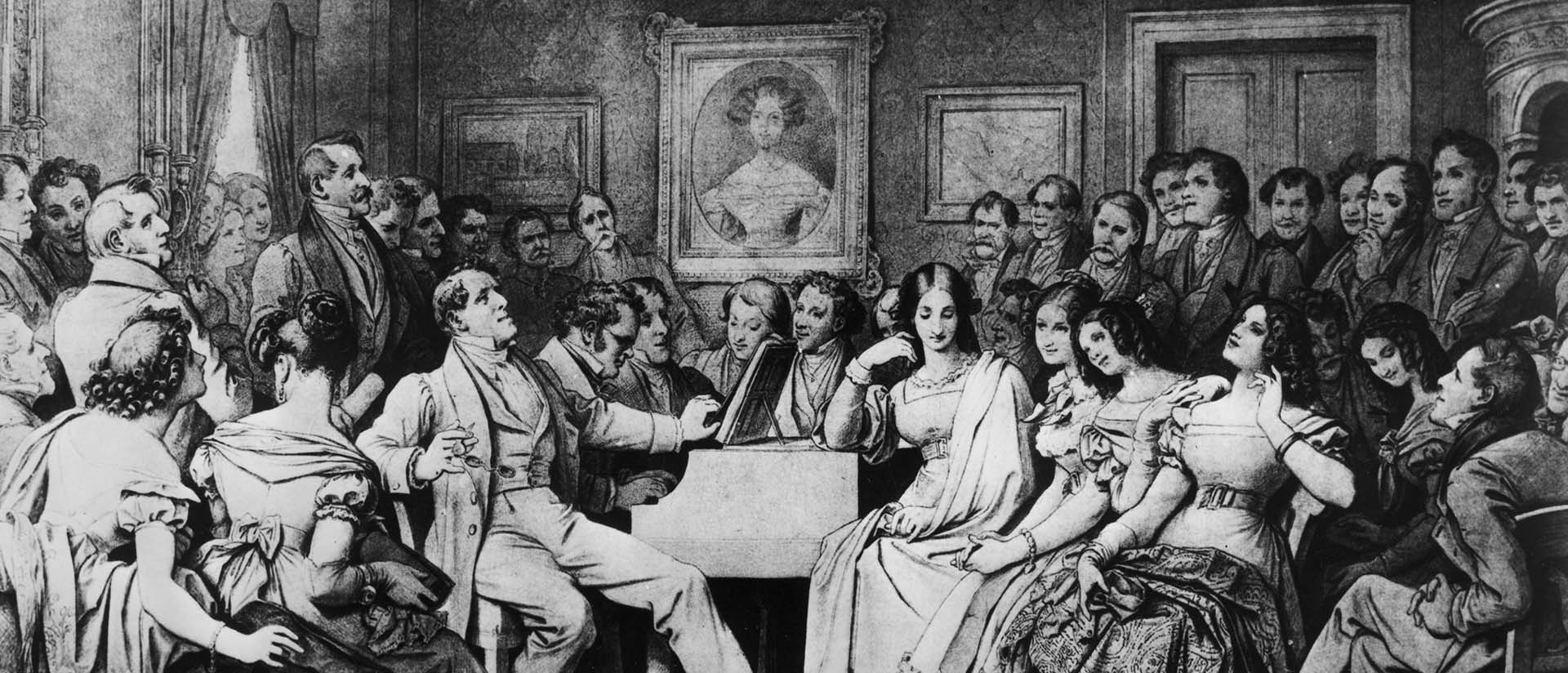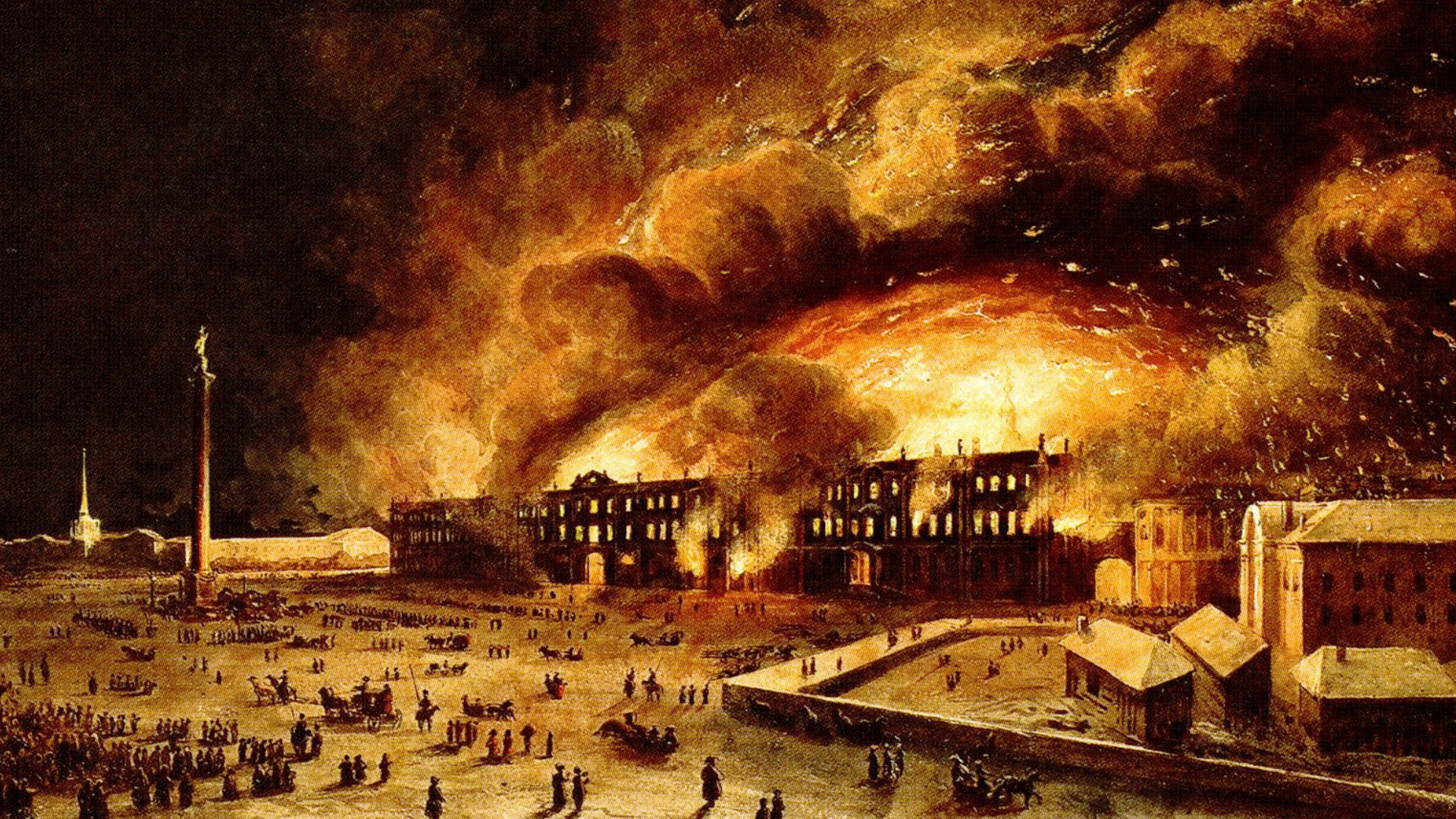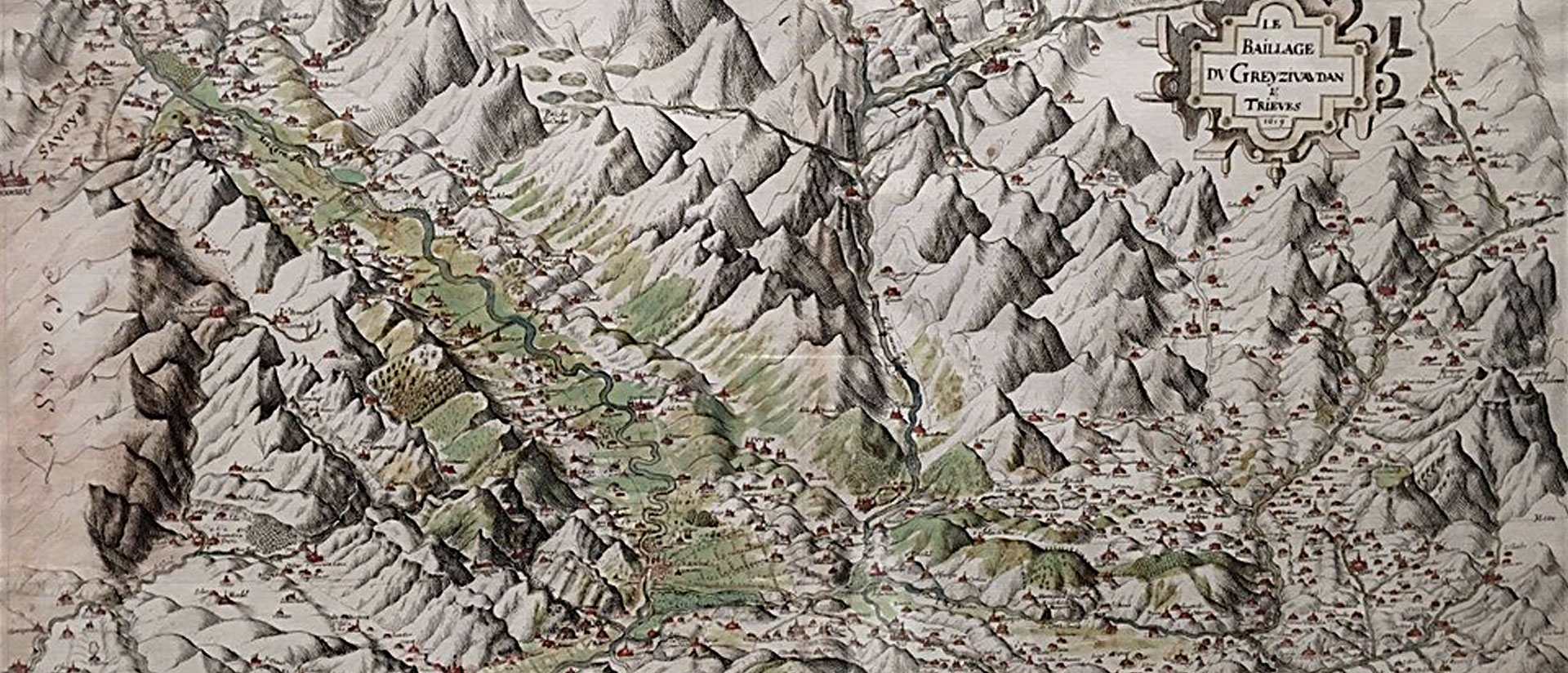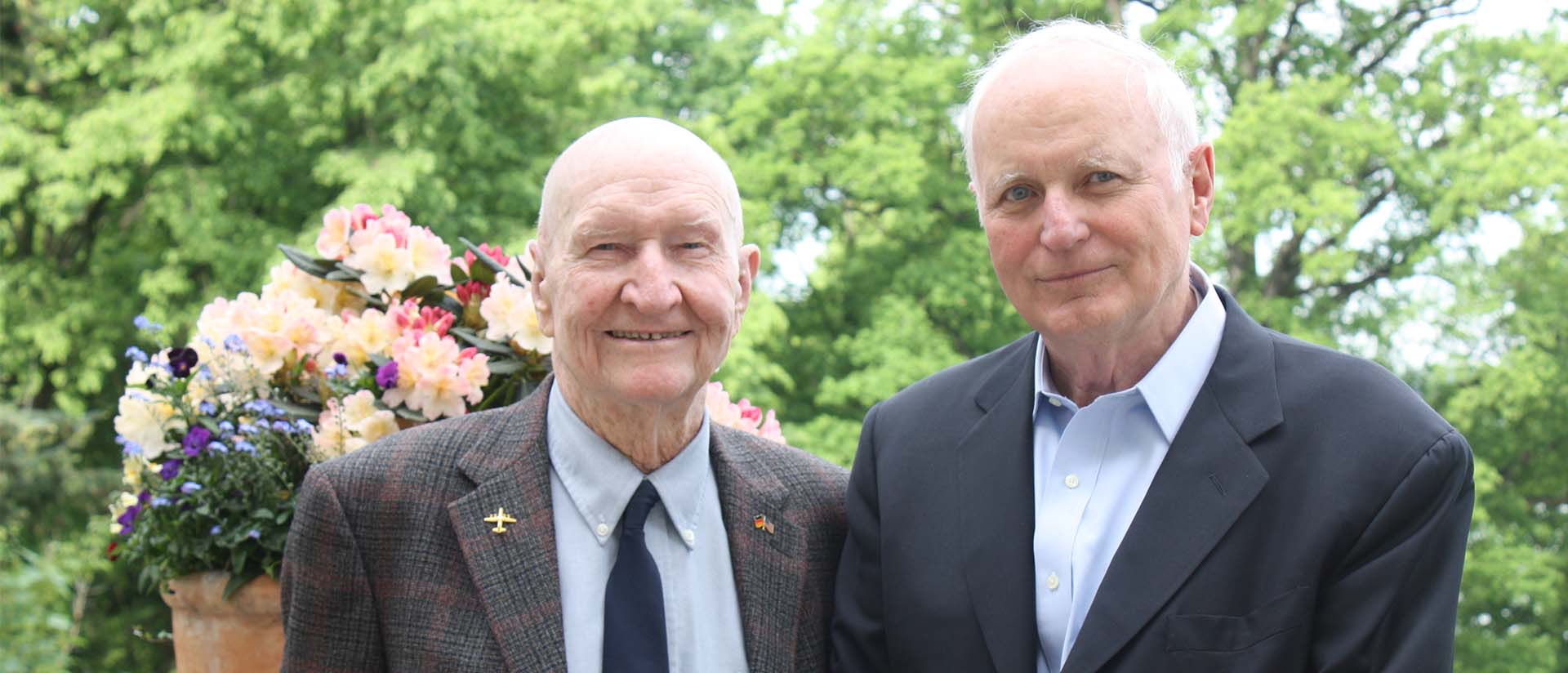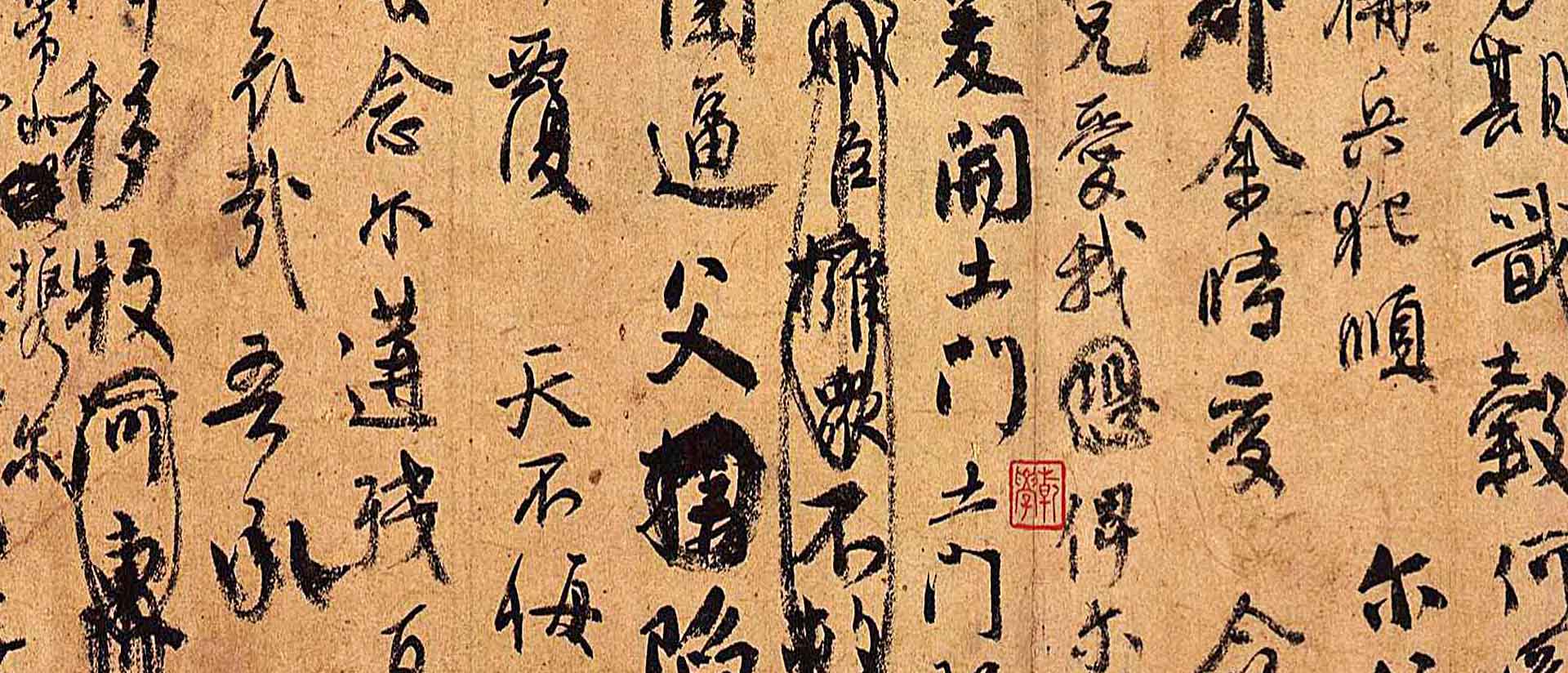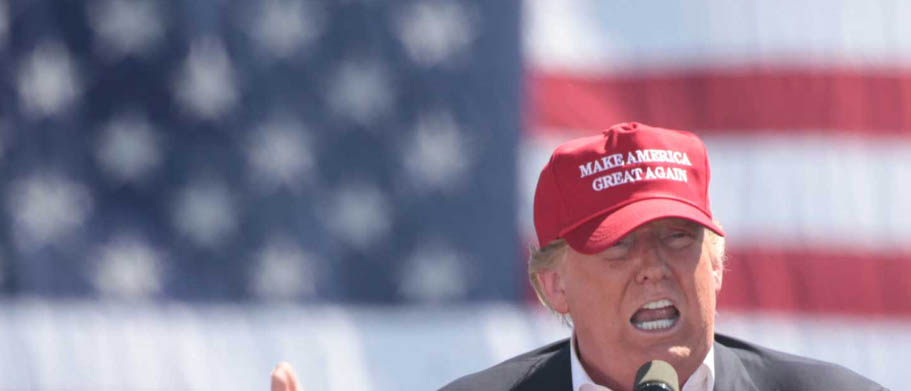
R.I.P The Postwar Order (1945-2017)
An assessment of Trump’s world
By Roger Cohen
These are troubling times. They remind me of a famous old Jewish cable: Start worrying. Details to follow.
Allow me to begin by saying the postwar order, a dry phrase, is personal to me: I was born in Europe—well, if you still call London part of Europe after the staggering act of irrational self-harm known as Brexit—and became an American. I live in Brooklyn, accent notwithstanding, but carry Europe in my bones. My father and uncle were hoisted as young men in their twenties out of faraway South Africa to join the Allied war effort, Jewish kids summoned back to the continent my family had left in time. My uncle, Bert Cohen of the 6th South African Armored Division, 19th Field Ambulance, gave me his war diary chronicling the Italian campaign. On July 21, 1944, he arrived Monte Cassino, abandoned by German forces a few weeks earlier after repeated Allied assaults. He had this to say:
“Poor Cassino, horror, wreck and desolation unbelievable, roads smashed and pitted, mines, booby traps and graves everywhere. Huge shell holes, craters filled with stagnant slime, smashed buildings, hardly outlines remaining, a silent sight of ghosts and shadows.
“Pictures should be taken of this monument to mankind’s worst moments and circulated through every schoolroom in the world.”
This was the memento mori offered by my uncle, then aged 25 and recently arrived in a bloody continent called Europe. He never saw the Lithuania his mother had left, land, by then, of dead Jews. Those pictures of Monte Cassino were not circulated; the miracle and fragility of European peace is too often forgotten today.
We succumb to amnesia at our peril. I was shaped by the second half of the twentieth century. If I did not end up doing what my uncle and father did, it is thanks to the interlocking ocean-jumping institutions of the postwar order, whose demise I have posited in my title today.
I try never to forget that.
It was not only Germans who enjoyed what Helmut Kohl once called “the blessing of late birth.” In some way, every postwar European did, I among them.
I lived in Berlin from 1998 to 2001. I saw the capital return here after the Rhineland sojourn in bland Bonn. The city was a construction site. Cranes hoisted the new, but the past was not erased; a united Germany needed its steady admonition. I witnessed the miracle: Germany unified, within NATO, its borders no longer contested; the German problem that had given thousands of US diplomats at the Bonn Embassy sleepless nights resolved.
When I lived here, I would sometimes cross the Polish border. Poland is close to Berlin, as Poles know, and long knew much too well. I had to pinch myself, with the border near invisible, to recall that these were “bloodlands,” in Timothy Snyder’s phrase, the last resting place of millions. Yet here, only decades later, there stretched before me the tranquility that NATO and the European Union and statesmanship had brought.
None of this would have happened without the transatlantic alliance, without the Berlin Airlift and the Marshall Plan, without America as a European power.
Constancy and strength in pursuit of strategy are wearing on their opponents. This great Academy is also about that: the constancy of bonds that over time bring healing and freedom.
We are not talking about abstractions here. We are talking about the shaping of a continent where free people are able to pursue happiness, indulge their imaginations and fashion their fates in peace and security rather refight old wars or be subjected to the totalitarian whim of the Soviet imperium.
It was not inevitable that things come out this way. Nor is it fashionable, in this ahistorical and frothy moment, to recall them.
Let it be said at the outset that my president, Donald Trump, knows nothing of history and cares less.
Since President Trump took office, I have found myself recalling a poem by Wisława Szmborska and—if you will excuse the intrusion of literature into the realm of geostrategic debate—I would like to read a few verses to you:
“The End and the Beginning”
By Wisława Szymborska
Translated by Joanna Trzeciak
After every war
someone has to clean up.
Things won’t
straighten themselves up, after all.
Someone has to push the rubble
to the side of the road,
so the corpse-filled wagons
can pass.
Someone has to get mired
in scum and ashes,
sofa springs,
splintered glass,
and bloody rags.
Someone has to drag in a girder
to prop up a wall.
Someone has to glaze a window,
rehang a door.
Photogenic it’s not,
and takes years.
All the cameras have left
for another war.
Those who knew
what was going on here
must make way for
those who know little.
And less than little.
And finally as little as nothing.
Nobody, I would suggest, has perfected the business of knowing “as little as nothing” quite as well as Mr. Trump.
Let me now try to define the world of Trump.
What is Trumpism? It is an exercise in distraction from, or denial of, facts. It is the fear-exploiting assemblage of an alternative reality, a form of collective “gas-lighting,” at Twitter speed. It is founded on the president’s intuitive sense of how media (and social media) function today as limiters of attentions spans. It seeks to achieve dominance through a whirlwind of individually meaningless but cumulatively manipulative statements. At its core lies arbitrariness.
Liberty depends on facts. When the distinction between truth and lies disappears, there is no basis for the rational discourse on which the organization of a free society depends. Without facts, disorientation spread. This serves an autocratic leader; disoriented people are more inclined to accept a despot as sole font of truth.
I AM YOUR VOICE.
Trump functions, still, within our democratic institutions, but with a personal court (composed in part of family) rather than the demarcated areas of responsibility that go with a traditional—and accountable—form of governance.
The president, a man of feral instincts, also exhibits a keen understanding of people’s susceptibility to the despot’s authority, a lesson learned through his command over a decade of huge TV audiences, in a show that built toward a frisson of cruelty, delivered with the words, “You’re fired.”
Adrenalin is all. Trump knows that, in our age, velocity trumps veracity—a perfect state of affairs for his manic personality. Like a child-bully, he blurts. Like a child-coward, he then ducks for cover, preferably behind a general, as now with his NFL outburst.
“You’re fired.”
Now he wants NFL coaches to say that to players, most of them African American, who refuse to stand for the National Anthem. So much for free speech.
You know this Academy is a non-partisan place. It is non-partisan, I would suggest, to stand up for the Constitution and the rule of law when they are treated with contempt by President Trump.
Believe me, I want to respect my president. I am a naturalized American and a patriot. The last thing I want to do is look at Donald Trump and cringe. I have searched for a redeeming feature. Well, his children seem to love him; that’s something. But he has besmirched, with lies and petulance and race-baiting, the highest office in the land.
I had an alarming experience last month. Let me tell you about it:
President Trump had lied about two phone calls, one from the president of Mexico and one from the head of the Boy Scouts. The calls, supposedly to congratulate him, did not exist. They never happened. They were pure inventions. Asked if Trump had lied, the White House press secretary, Sarah Huckabee Sanders, said, “I wouldn’t say it was a lie.” I actually remember shrugging. It was this shrug that was terrifying.
This is how autocrats—or would-be autocrats—cement their power. They wear you down. They take you down the rabbit hole. They want you to read that 2+2=5, and then shrug.
Please, ladies and gentlemen, don’t shrug.
He’s held eight rallies since becoming president in January. At a recent one in Phoenix, he called the media “very dishonest people.” He led the crowd in a chant of “CNN sucks.” He attacked the “failing New York Times.” A dishonest president calls the media that report on his dishonesty dishonest for doing so. This is where we are. He said of the Charlottesville violence: “There is blame on both sides.” He equated neo-Nazi bigots with blood on their hands and leftist protesters. For this president, they stand on the same moral plane.
Please, ladies and gentlemen, don’t shrug.
Remember the special prosecutor he promised to investigate Hillary Clinton? Remember the Syrian “safe zones” he promised for refugees? Remember the state of emergency he said in August he was going to declare on America’s opioid epidemic?
Mere words, it turns out. His imperative is noise.
Isaiah Berlin reminded us of a truth about liberal democracy of which the Founding Fathers, they of our checks and balances, were mindful: “The best that one can do is try to promote some kind of equilibrium, necessarily unstable, between the different aspirations of different groups of human beings.”
That’s not sexy. “Some kind of equilibrium” is not what human beings rush to embrace and die for. It is, however, essential for the discourse of any liberal democracy. It saves lives. The postwar transatlantic architecture was about preserving this gift of freedom.
Benjamin Franklin, asked in Philadelphia in 1787 what form of governance had been agreed upon, famously responded: “A Republic, if you can keep it.”
Seldom in the ensuing 230 years has the keeping required as much watchfulness as is demanded now.
But you will say, if Trump is noise, does he matter? If he’s all hat and no cattle, who cares? It’s a tempting argument.
Yes, there’s no sign of the wall on the Mexican border, and NATO is no longer “obsolete,” and the “One China” policy has not been scrapped, and the Iran nuclear agreement endures, despite Trump’s dismissal of it as “the worst deal ever,” and the United States embassy is still in Tel Aviv, and the North American Free Trade Agreement has not been abandoned, and the decision to leave the Paris climate accord has not yet been made effective.
So perhaps Defense Secretary Jim Mattis, and H.R. McMaster, the national security adviser, have ring-fenced Trump’s recklessness and bellicosity. They have neutralized his ignorance. Some of the loonier members of the president’s entourage have been fired or marginalized. Adults have taken charge. There are still those early-morning tweets, in which the child has his tantrum, but “America First” has not upended the world.
Except that it has. A disaster is unfolding whose consequences for humanity and decency will be substantial. Take what has just happened here in Germany.
Angela Merkel won, but hers was a bitter victory. The twilight of her chancellorship has begun. The arrival in parliament, for the first time in decades, of some 94 members of a party that flirts with neo-Nazism, expresses pride in the Wehrmacht soldiers of World War II, and hails once more the German Volk constitutes a shattering of the accepted political contours of the republic. There will a before and an after.
This lurch came for many reasons I won’t go into now. But I will note that it happened at a time when a race-baiting American president, Donald Trump, has opened the way for everyone’s inner bigot and shown contempt for that most carefully nurtured and prodigious postwar child: the German-American alliance.
The AfD is not the creation of Trump, but when an American president can’t quite find unequivocal words of condemnation for neo-Nazis, the ground shifts in the free world. Plenty of damage can be done short of nuclear winter. Gauland wants the Volk back and to heck with the lesser beings who have joined the Bevolkerung; Trump wants a white-dominated America.
America often falls short. The American beacon is dimmed by association with an Argentine Junta, or Abu Ghraib, or Guantanamo. Yet it flickers to life again. Those checks and balances, as long as they are there, are corrective. But America’s claim to leadership is voided, permanently, if stripped of a moral component.
So, we have a problem these days: words cascade from Mr. Trump’s pinched mouth and they mean nothing, because when a man of moral emptiness tries to exhort a nation—or even the world—to moral greatness the only thing communicated is pitiful, almost comical, hypocrisy.
The dignity of free people governed by the rule of law is inextricable from the American idea—and the post-war German idea that is so entwined with the American story. If the United States does not use its power to spread and safeguard liberty it ceases to be itself.
Yet here is a president who practices a valueless foreign policy. He has scoffed at NATO and the European Union, the very postwar defenders of that freedom. He has shown a cavalier disregard and contempt for our alliance. There appears to be no grasp in this White House that “Pay up!” does not make America great and prosperous. The West’s prosperity is not the fruit of some zero-sum game.
President Trump has yet to meet a strongman who does not elicit his sympathy, a multilateral organization that does not prompt his disdain, or a German chancellor he fails to insult. The Saudi King, Rodrigo Duterte and Vladimir Putin are all good; Angela Merkel, not so much. I hear that Merkel and Trump no longer speak to each other. This is worrying: Germany is the most important country in Europe and a core American ally.
We have seen the evisceration under Trump of the State Department: a proposed thirty-percent budget cut, countless critical posts unfilled, a secretary of state, Rex Tillerson, who has contrived to be ineffective and demoralize his staff. It’s very simple in the end. Jim Mattis said it himself to Congress in 2013: “If you don’t fund the State Department fully, then I need to buy more ammunition ultimately.” When all you have is a hammer, everything looks like a nail.
Again and again, we hear “America First!,” that slogan of ugly Fascist pedigree. But what can America First do for terrorism, or climate change, or the crisis presented by 65 million migrants on the move? As Emmanuel Macron told me last week in New York, we need to find a form of multilateralism in which President Trump finds his place. Well, Macron does make extraordinary things happen. But why am I dubious?
President Trump loves soldiers the way he loves a crunching football tackle. My hunch is he would like to see a small-to-medium-sized war in which he can declare victory because that, for him, would announce that America is back.
We have seen his braggadocio in Syria, where a reprisal bombing—justified in my view and belated—for the regime’s use of chemical weapons occurred in what was later revealed as an utter vacuum: no strategy, no tactic, no follow-up, no nothing.
A cabinet minister, Wilbur Ross, later suggested it had occurred “in lieu of after-dinner entertainment,” as it coincided with the Mar-a-Lago dinner with Xi Jinping. A cruise-missile strike as “after-dinner entertainment,” and President Trump calls Kim Jung-un a “madman:” Well, he should know.
This is the unbearable lightness of being in Trump World.
Kim is a madman and his regime a monstrosity, a corrupt pyramid scheme built on lies, a personality cult and terror. But sounding off is not the way to confront him. That requires what I referred to earlier: constancy and strength and diplomacy in pursuit of strategy.
Of this I see no sign.
The thing about nuclear brinkmanship, is that accidents happen.
When two thin-skinned men with nukes, grudges and mysterious hair hurl insults at each other, and one of them is the American president, there is no cause for comfort. When their voices become interchangeable there is no cause for comfort. The world is more combustible than in many years.
So, R.I.P., the postwar order?
My title, of course, was a bit of a provocation. We have not gone over a cliff yet. There are men—and they are all men—around Trump who know the importance of our treaty alliances. Still, the twentieth century fades from view, gradually, inexorably:
Those who knew
what was going on here
must make way for
those who know little.
And less than little.
And finally as little as nothing.
This is the way of the world. A new generation strides forth, the Cold War not even a memory for them. They will forge something new, something perhaps unimaginable to most of the people in this room. That is right and proper. But may the new be decent and may the lessons of the first half of the twentieth century not be forgotten!
Trump’s, I fear, is an Age of Indecency. Machismo, militarism, and mercantilism are no substitute for the American undergirding of global security. Of course, power shifts are happening that long predate Trump. But the way to manage the rise of China, the emergence of India, the revanchism of Russia, and the predations of autocracy is not through Twitter outbursts. It is through learning the lessons of our democracies’ recent failings. Impunity for the rich and growing inequality don’t work. It is through diplomacy. That requires an effective State Department and respect for our allies, not least Germany.
My deepest concern is that Trump actually believes the postwar order was merely a means to rip off America. He buys into, if anything, Vladimir Putin’s macho authoritarianism and spheres of influence for the great powers. We saw how well that worked in the run-up to World War I.
This would amount to a dramatic break with American policy as superbly articulated earlier this year by one of many departing diplomats, Daniel Fried, who joined the Foreign Service in 1977 and served with great distinction, particularly in Central and Eastern Europe. Fried had this to say:
“Few believed that Poland’s Solidarity movement could win, that the Iron Curtain would come down, that the Baltic States could be free, that the second of the twentieth century’s great evils—Communism—could be vanquished without war. But it happened, and the West’s great institutions—NATO and the EU—grew to embrace 100 million liberated Europeans. It was my honor to have done what I could to help. I learned never to underestimate the possibility of change, that values have power, and that time and patience can pay off, especially if you’re serious about your objectives. Nothing can be taken for granted, and this great achievement is now under assault by Russia, but what we did in my time is no less honorable. It is for the present generation to defend and, when the time comes again, extend freedom in Europe.”
Yes, ladies and gentlemen, values have power.
Angela Merkel knows that. She did the right thing in 2015. History will vindicate her decision to allow in about a million refugees.
Germany knows what closed doors can mean to the persecuted. Bering from a Jewish family, I do, too. That also is in my bones. Merkel, raised in East Germany, knew it with a particular conviction and so brought Europe back from the brink of mayhem. Perhaps her margin of victory would have been greater if she’d travel-banned the desperate. Perhaps littleness pays today. I doubt it in the German case. One lesson of its total annihilation was that a little man is capable of reducing the world to ruin.
I trust and believe we can guard against that today, even in Trump’s world. He, too, will pass. In a year or seven years, I know not. But he will.
As I said at the beginning, I am of South African descent. As such, I can only be a creature of hope. Some of my most formative moments were spent in South Africa, the country in which my parents were born. Throughout my childhood and adolescence, catastrophe loomed, inevitable as the sunset. The Johannesburg swimming pools of my relatives would run red with blood. Out of the distant, fetid, desperate townships, the black majority would rise up to claim what was theirs and avenge the cruel injustice of Apartheid. My family, along with four million other whites, would be chased out.
Well, it didn’t happen, thanks to the leadership of Nelson Mandela and F.W. De Klerk: a miracle, like that invisible Polish–German border.
Most miracles, of course, are not Xanadu-like flashes of illumination. They emerge from hard work.
We are working. The judiciary is holding the line against Trump’s insults and manipulations. To state the obvious, the United States is not Weimar. Its institutions are strong.
The press is fighting back. The New York Times and the Washington Post are going mano-a-mano with scoops that have already led to the departure or sidelining of several senior member of the Trump Administration. The Russian imbroglio is being relentlessly untangled. A free press and Mr. Mueller are at work on that.
Far from the “failing, fake-news New York Times,” we are the reenergized New York Times, with more than 600,000 new subscriptions this year. A new generation of Millennials is discovering that great investigative journalism is worth paying for, and the First Amendment worth fighting for.
Steve Bannon, now departed, told the media to shut up. No, Mr. Bannon, we will not shut up.
Everything about what I do has changed since I filed by Telex from war-ravaged Beirut, in the early 1980s, but not this: Journalism has two foundations: Bearing witness—and that means being there—and holding power to account. The rest, as Rabbi Hillel might have put it, “is just commentary.”
As we’re on the eve of Yom Kippur in Berlin, here are Hillel’s words in full: “That which is hateful to yourself, do not do to your fellow. That is the whole Torah, the rest is just commentary.”
We must fight for the transatlantic institutions—including the American Academy in Berlin—that forged and preserve the bonds that keep the free world vibrant and safe and decent.
As Albert Camus observed, “The only way to fight the plague is with decency.”
This article is the full text of a lecture delivered by Roger Cohen on September 28, 2017, at the American Academy in Berlin, as a John W. Kluge Distinguished Visitor. It is reprinted here with permission. The full video of Cohen’s lecture may be viewed below.



